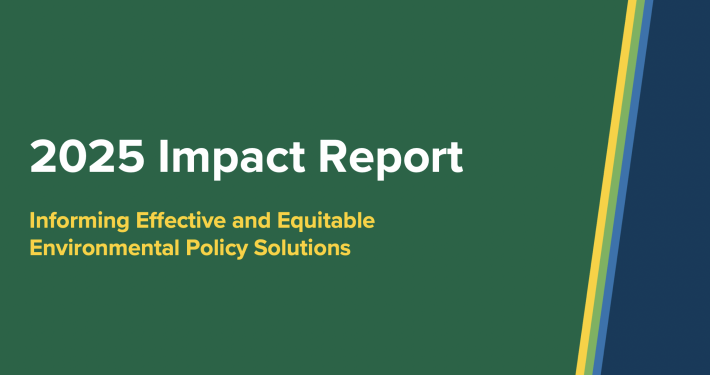August 19, 2025
UCLA to help inform California’s residential water use policy implementation
Multi-university team to evaluate impacts on water supply, wastewater, recycled water, and affordability
August 19, 2025
Multi-university team to evaluate impacts on water supply, wastewater, recycled water, and affordability
Credit: rawpixel.com
Faced with drought, rising water costs, and climate change, a new multi-university research project is helping the California Department of Water Resources and State Water Resources Control Board better understand the benefits and potential impacts of the 2030 indoor residential water efficiency requirements (SB 1157) — and inform the policy’s long-term implementation.
Led by the California Institute for Water Resources with UC Agriculture and Natural Resources, the project brings together scholars from UCLA (Luskin Center for Innovation and Department of Civil and Environmental Engineering), UC Merced, Sacramento State University, and UC Riverside. The team will complete the following tasks:
California’s push toward long-term water resilience requires rigorous, forward-looking analysis. We’re exploring how water savings can be achieved without burdening communities—and that’s where data-driven research becomes essential.
This is no small task: urban retail water suppliers serve more than 36 million Californians. The shift toward greater efficiency could ripple through everything from future water demand, system-level tradeoffs, infrastructure investments, and customer bills.
“This policy has far-reaching implications, and we’re excited to contribute our expertise to equip decision-makers to implement it wisely and equitably. By partnering with agencies across the state, we’re helping communities thrive under changing water conditions,” said Grace Harrison, researcher and project manager at the Center.
Throughout the process, researchers will also draw on the expertise of Technical Advisory Panels and Working Groups composed of leaders in government, industry, and nonprofit organizations.
This project is funded by the California Department of Water Resources.
Learn more about our local water supply and wastewater research.
Get our latest research in your inbox.
 The Luskin Center for Innovation welcomes new doctoral researchers
The Luskin Center for Innovation welcomes new doctoral researchers
Learn more about their interests and work.
 UCLA Luskin Center for Innovation 2025 Impact Report
UCLA Luskin Center for Innovation 2025 Impact Report
Informing effective and equitable environmental policy solutions.
 Urban wildfire: water system capacities and limitations
Urban wildfire: water system capacities and limitations
Researchers convene statewide experts to assess firefighting capacity, infrastructure gaps, and policy solutions.

 Who manages your water in Southern California and why it matters
Who manages your water in Southern California and why it matters